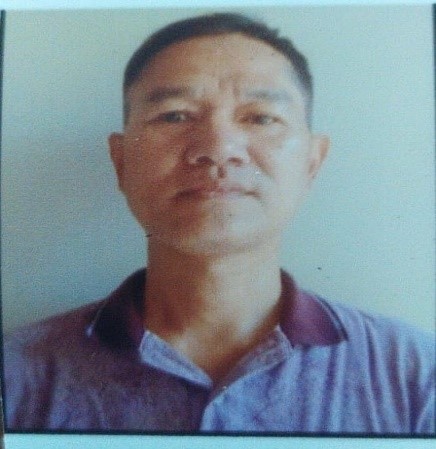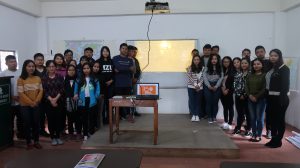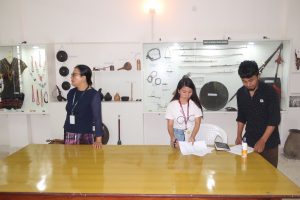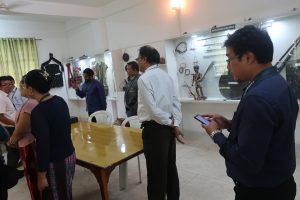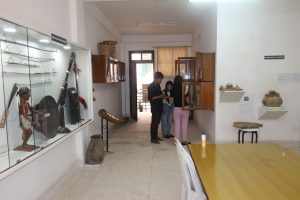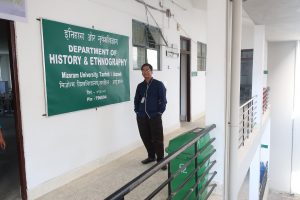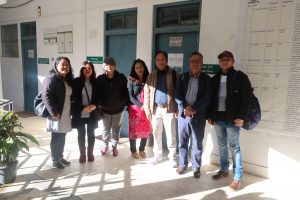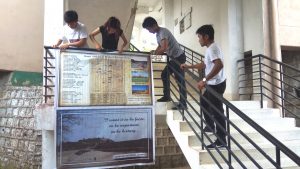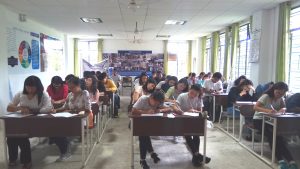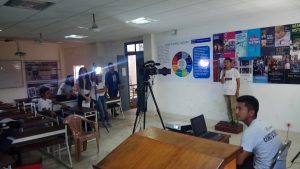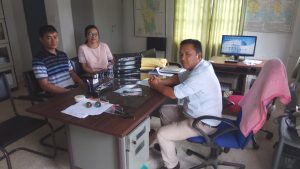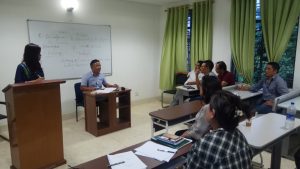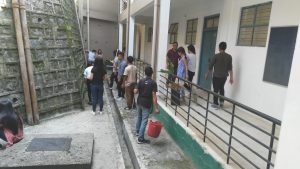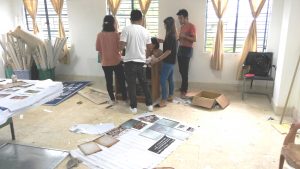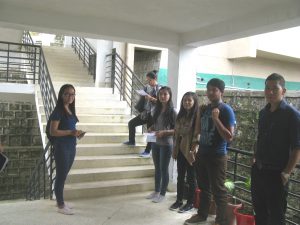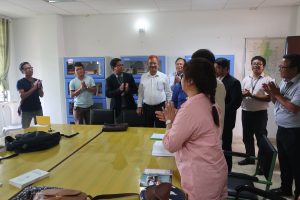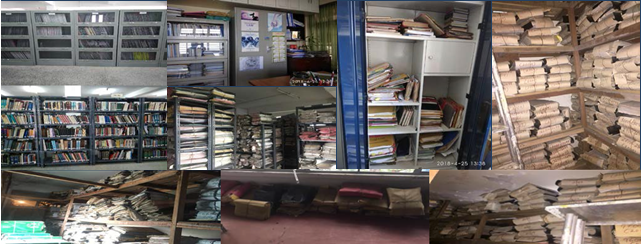Department of History and Ethnography
Department Details
Phone No. (Department): –
Dept. Email: history@mzu.edu.in
Year of Establishment: 2002
Year of First Intake of Student: 2002
About the Department :
The department was established in July 2002 as one of the five new post-graduate departments in the university. The department started functioning effectively from 22 July 2002. The department offers courses leading to MA and PhD Degrees.
The MA in History covers the major geographical and chronological fields in the discipline ranging from world prehistory to the contemporary period. Availability of faculty determines specialization(Ancient, Medieval, and Modern India) which is offered in the III and IV semesters. Throughout the two-year M.A. programme, students are comprehensively introduced to the varied themes and methods of reading, writing and interpreting history, and in the final semester, they get to experience a practical approach to history by undertaking individual and group projects.
The PhD Programme in History aims to train applicants for careers at the highest levels of the historical profession, such as college and university teaching and research. The Programme is aimed to impart research scholars the theories, methods, and techniques of conducting historical research. It also introduces recurring themes and issues in historical writing in time and space which will be invaluable for understanding the multidisciplinary nature of an academic research.
Faculty:
| Photo | Name | Resume |
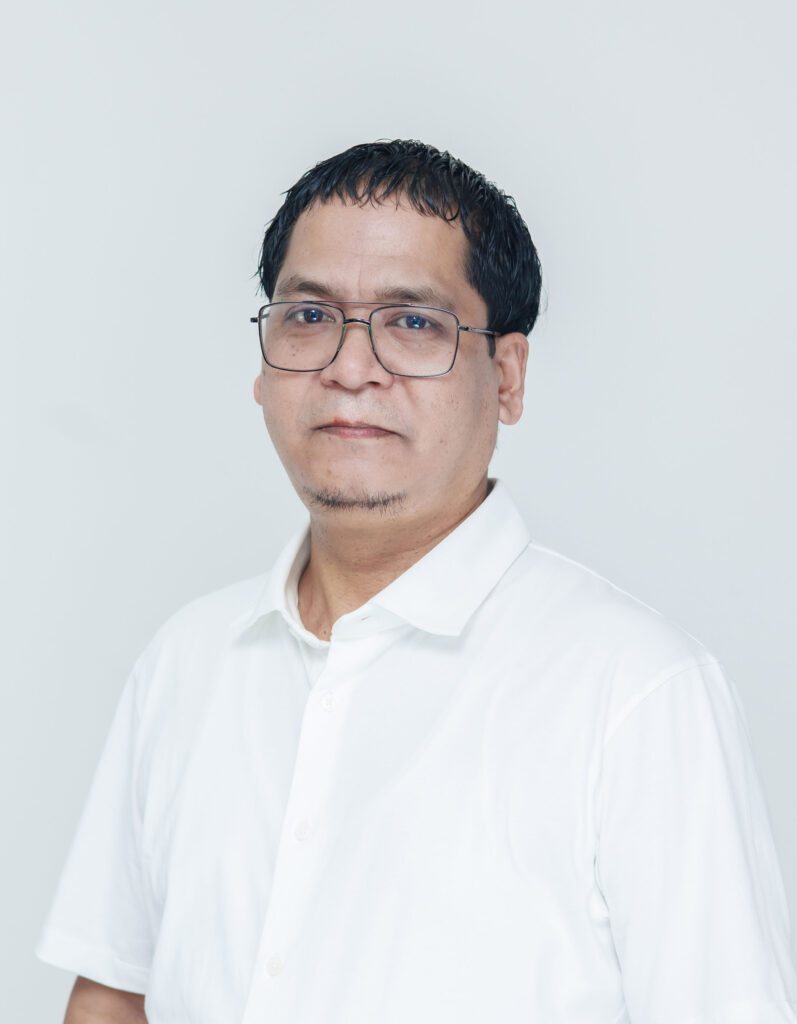 | Prof. K. Robin Email: robinkhuhly@gmail.com | Download |
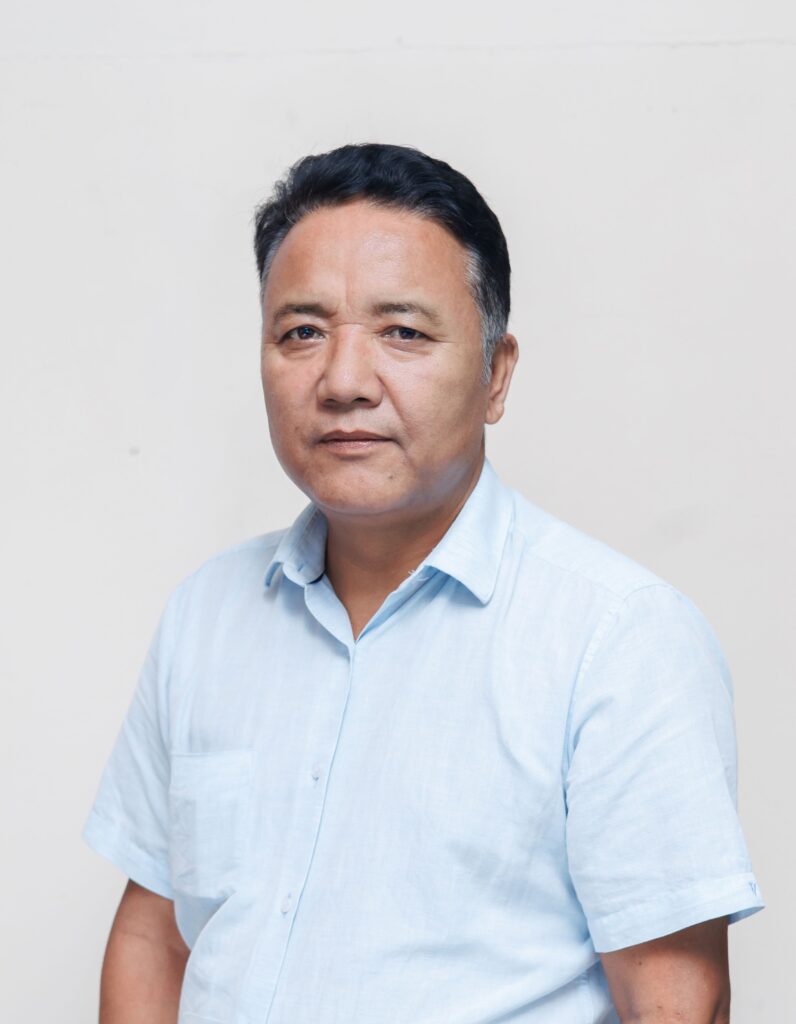 | Prof. Lalngurliana Sailo Email: msailo35@rediffmail.com | Download |
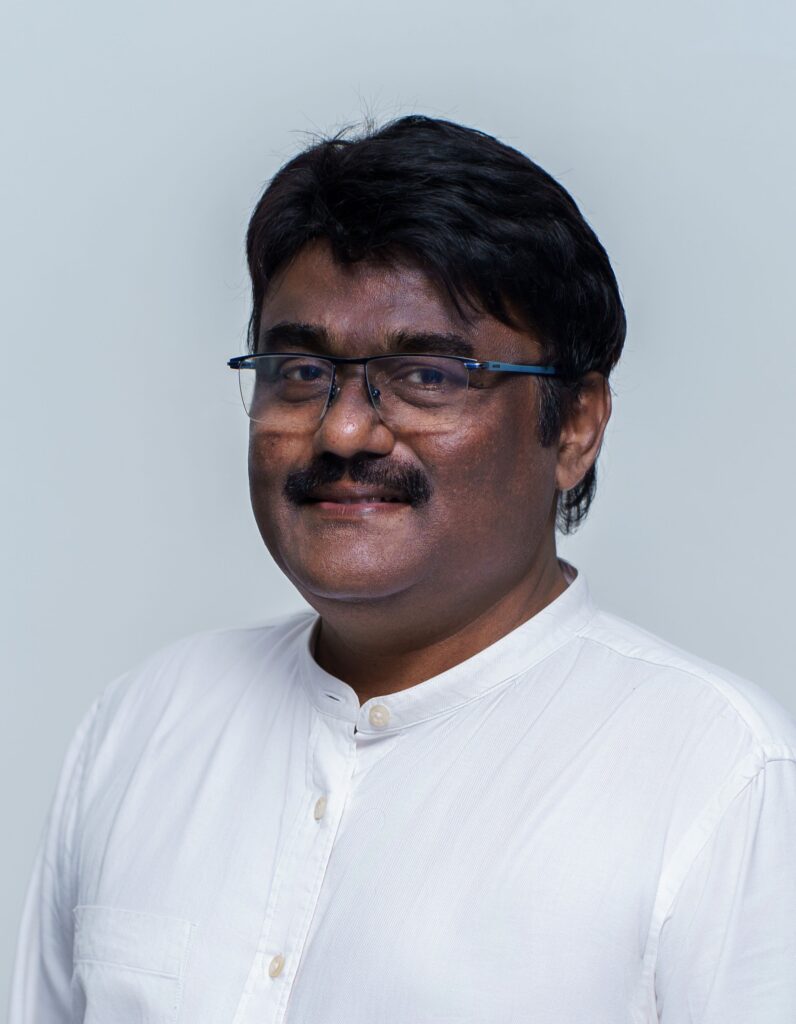 | Prof. Kishor Gaikwad Email: kishorgaikwad@mzu.edu.in / kishorgaik@gmail.com | Download |
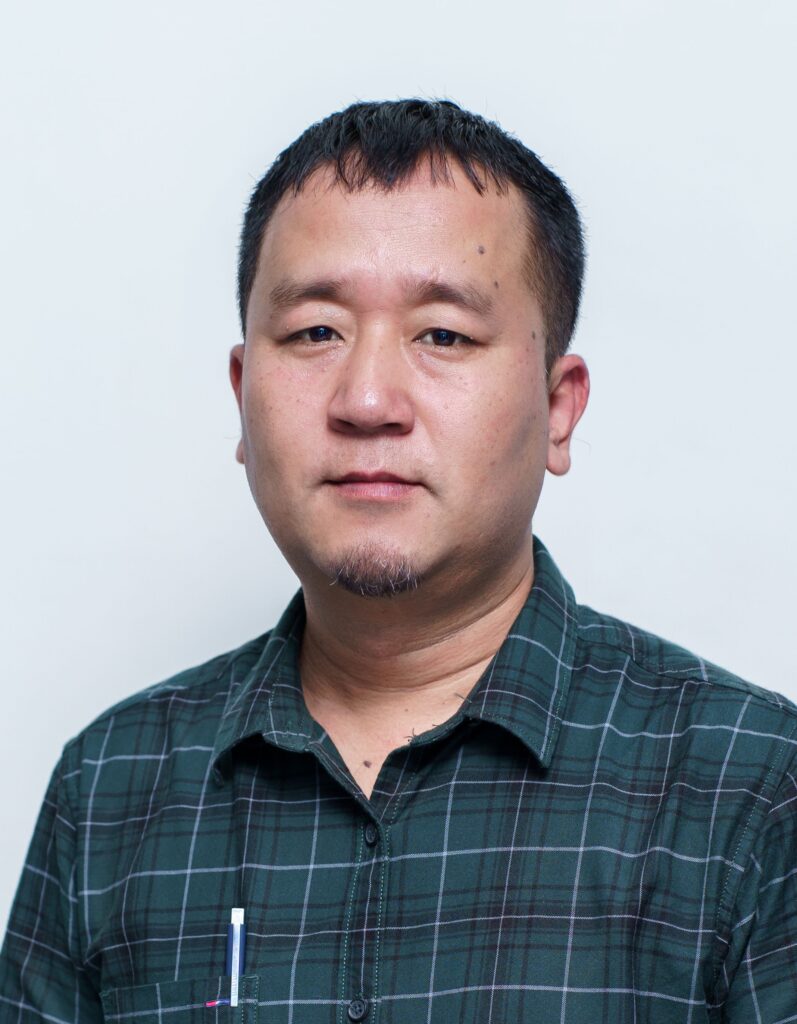 | Dr. Lalrinnunga Hmar Email: nungahmar@gmail.com | Download |
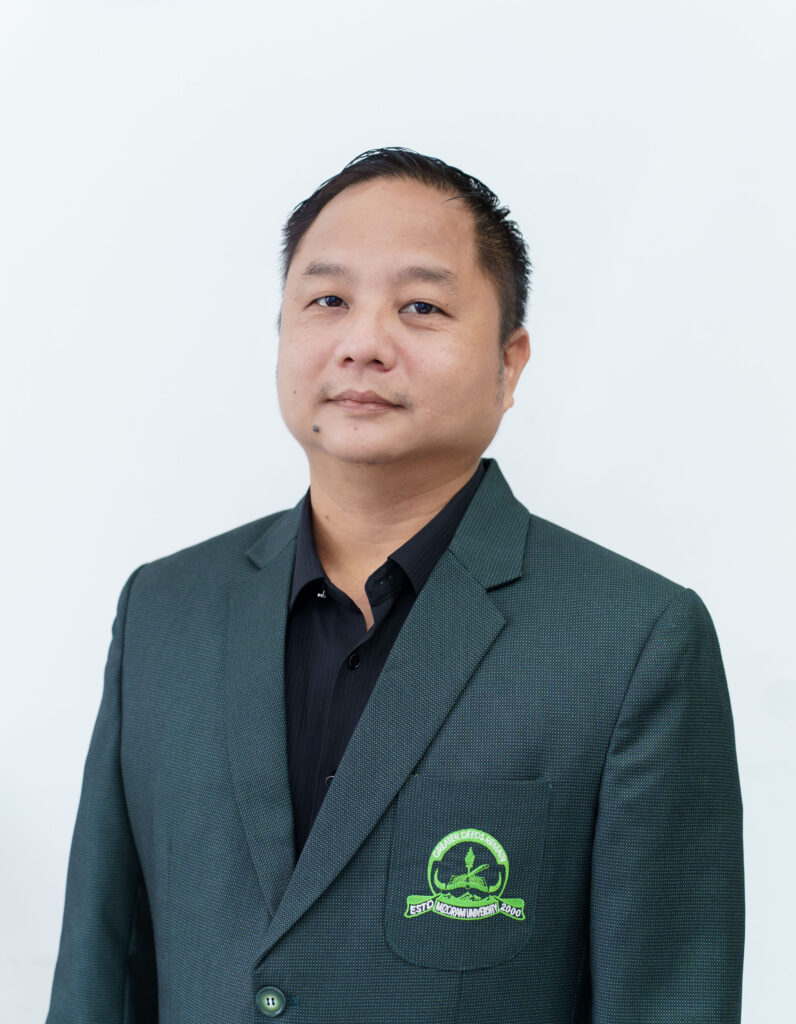 | Joseph Lalzarliana Email: josephlzla@gmail.com | Download |
 | Dr. Hmingthanzuali Email: hmingthanzuali@gmail.com | Download |
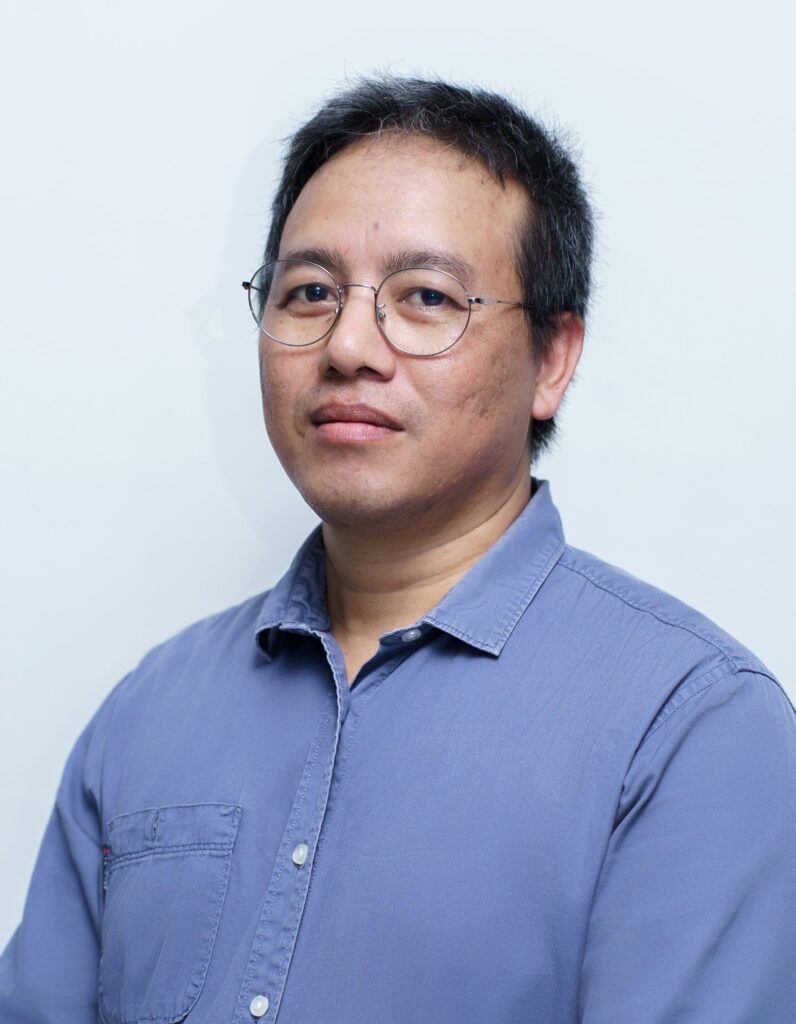 | Dr. Khwairakpam Premjit Singh Email: premjituno@gmail.com | Download |
Ph.D. Scholars:
Prominent Alumni Details:
Sl.no | Name | Programme Completed | Current Designation | Organization |
1 | Zothanpuii | MA PhD | Assistant Professor | Govt. Hnahthial College |
2 | Vanlalremruata Tonson | PhD | Assistant Professor | Pachhunga University College |
3 | Zoremsiami | PhD | Assistant Professor | Govt. Aizawl College |
4 | C. Remruatkimi | MA PhD | Assistant Professor | Govt. Saiha College |
5 | K. Lalrinchhana | MA PhD (Pursuing at MZU) | Assistant Professor | Govt. Serchhip College |
6 | K. Lalzuimawia | MA PhD | Assistant Professor | Govt. Hnahthial College |
7 | Lalrofeli Khiangte | PhD | Assistant Professor | Govt. Champhai College |
8 | Vanlalhmangaihi | MA | Assistant Professor | Govt. Kolasib College |
9 | Rosaline Varsangzuali | PhD | Associate Professor | Govt. Hrangbana College |
10 | Rohmingmawii | PhD | Associate Professor | Pachhunga University College |
11 | Thanghmingliana | PhD | Assistant Professor | Govt. Champhai College |
12 | John Pachuau | MPhil | Assistant Professor | Govt. Hrangbana College |
13 | P.C. Vanlalnunmawia | MA | Security Officer | Mizoram University |
14 | Robert Lalremruata | MA | Sub-Inspector of Police | SP Office, Mamit |
15 | Lalremruata | MA | Manager, Mizoram Rural Bank, Tlabung | Mizoram Rural Bank |
16 | Lalrinawma | MA | Curator | District Museum, Lunglei |
17 | Stephen Laltlansanga Auhmun | MA | Assistant Rural Development Officer | District Rural Development Office, Serchhip |
18 | Jeremy Lalhmingsanga | MA | Circle Officer, Women and Child Development Department | Govt. of Mizoram |
19 | Vanlalchhuanga | MA | Assistant Grade, Directorate of Election | Govt. of Mizoram |
20 | Zodinsanga | MA | Assistant Manager, Shyambazar Branch, Union Bank of India, Kolkatta | Union Bank of India |
21 | Lalrinawma | MA | Museum Assistant | District Museum, Lunglei |
22 | Thangsangzela | MA | Assistant Grade, Health and Family Welfare Department | Govt. of Mizoram |
23 | Albert Vanlalruata | MA, PhD | Mizoram Civil Service | Govt. of Mizoram |
24 | Daniel Sailo | MA | Mizoram Civil Service | Govt. of Mizoram |
25 | Lalhlimpuia | MA | Mizoram Civil Service | Govt. of Mizoram |
26 | John Lalramhluna Khiangte | MA | Mizoram Civil Service | Govt. of Mizoram |
Students Achievements
Programmes offered:
- MA, PhD in History
Course structure and syllabus:
Board of Studies
Activities
Projects
Gallery
- LCD Projector in classrooms
- Smart TV in classrooms
- Book Bank / Students’ reading Room
- Archives
- Museum
- Public History Workshop
- ICT Room
Public history@ Mizoram University
The introduction of public history as a subject in Mizoram University was informed by the necessity to:
- to create an awareness on preserving and conserving Mizoram’s rich archaeological and documentary heritage;
- to draw various stakeholders together for a meaningful dialogue and engagement;
- to inform government agencies towards the maintenance and implementation of international standards and quality in conservation efforts;
- to draw the public’s interest in the various media of representing the past, and
- to engage people in a constructive, productive, and balanced representation of the past.
Introduced in 2012, public history has been one of the key course components of the two-year MA Programme in the Department of History and Ethnography, Mizoram University. In fact, the department has the unique distinction of being the first in the country among higher educational institutions to teach public history as a subject(Introduction to Public History in III Semester) with equal emphasis on the conceptual, methodological and practical aspects of the discipline.
In 2016, the department hosted the world-renowned author on public history Prof. Paul Ashton, University of Technology Sydney as an international faculty in the MHRD-sponsored GIAN programme for a two-week lecture on the methods and techniques of public history.
In 2017, two courses related to public history were introduced in the MA syllabus, i.e., Project Assignment in Public History and Heritage.
Together, all the three courses combine theory and practice in the field of public history which is ever more popular and increasingly international in its scope and outlook.
Public history projects and initiatives in the department can be presented as under:
Year | Date and duration of the projects | Course | Public history themes addressed |
2012 | March-June 2012 | Introduction to Public History | Local and community history |
2013 | March-June 2013 | Introduction to Public History | Writing of local and community histories; oral history initiatives; study of government archives and record rooms. |
2014 | March-May 2014 | Introduction to Public History | Local and community history projects; oral history projects. |
2015 | March-May 2015 | Introduction to Public History | Presentation of history to the public through awareness programmes on historic conservation and preservation, importance of museums and archives; writing of local and community histories. |
2016 | March-June 2016 | Introduction to Public History | 1. Photographic exhibition of Mizoram history 2. Documentary film on history of Mizoram 3. Writing of local and community histories 4. Celebration of International Museum Day with the Dept. of Art & Culture, Govt. of Mizoram, and exhibition of museum items from the Department Museum 5. Oral history collection –for the period of insurgency in Mizoram(1966-1986) 6. Awareness programmes in schools on heritage preservation and management 7. Workshop on Archives and Recordkeeping in collaboration with the Mizoram State Archives |
2017 | March-June 2017 | Project Assignment in Public History | 1. TV Discussion on heritage tourism with representatives from the Govt. of Mizoram 2. Documentary film on history of games and sports in Mizoram 3. Awareness programmes in schools on public history and archaeology 4. Photographic exhibition of Mizoram history 5. Writing of local and community histories |
2018 | March-June | Project Assignment in Public History | 1. Video shooting for “History on TV” 2. Archives and photographs exhibition 3. Posters and Banners Exhibition 4. Projects on Recordkeeping Practices and Management in government offices, churches, and educational institutions. (A total of 5 government offices, 11 churches, 14 educational institutions , and 1 church archives throughout Mizoram were studied.) |
2019 | March-June August-November | Project Assignment in Public History Introduction to Public History | 1. Poster Making Competition on ‘Archives and Archaeology’ 2. Book Review on ‘History of Mizoram’ 1. Posters Exhibition on ‘Women in History’ |
2020 | February-June | Project Assignment in Public History Heritage | 1. Project on ‘Women in Mizoram’ 2. Heritage Objects and Monuments in Mizoram 3. Report on Archaeological Exploration of Champhai District |
Fig. 3
Students’ project on Recordkeeping and Maintenance studied the following offices:
- Directorate of Election, Govt. of Mizoram
- Directorate of Social Welfare Department(SWD), Aizawl
- Office of the Directorate, Fire and Emergency Services, Aizawl
- Fire and Emergency Department, Siaha
- Civil Hospital, Aizawl
- Aizawl Theological College Archives
As indicated above, public history initiatives coming from Mizoram University have largely concentrated on presenting local and community history, heritage, museums, archaeology and archives through TV documentaries, exhibitions, awareness programmes, poster presentations, and workshops. Since 2012, public history has been a huge success looking at students’ interests and reviews of the courses. Having no out-of-classroom and hands-on experience anywhere before, students believed that history could be ‘done’ with practical methods just like their counterparts in the science departments do in their laboratories. Apart from theoretical trainings, public history courses in Mizoram University have enabled students to enhance their skills through the routine engagement in collaborative work with local communities, stakeholders in the government and NGOs, and media personnel.
Public engagement with the past / uses of the past
In Mizoram, there exists a vibrant culture of public engagement with the past. The Christian church, local and state-wide social organizations, the electronic and print media, associations and organizations, and interested individuals actively pursue the past for various reasons. Oral traditions aside, history-writing by the public sometimes takes the form of souvenirs celebrating jubilees – a village or locality turns 100 years from its founding and local leaders or knowledgeable persons would write a book about the history of the place. Similarly, local churches celebrate their jubilees usually by producing a souvenir that highlight the origin and history of their churches. Such sources provide important information on local and community history.
Major issues that have actively engaged people and captured the public imagination of the past in Mizoram include narratives of the Rambuai period(20 years of insurgency between 1966 and 1986) and myths, legends, and theories surrounding the Mizos’ historical origins. A big corpus of literature by academics and non-academics alike has spawned on discussions and debates surrounding these issues. The collective memory of people who experienced the tumultuous years of the Rambuai have now become a rich source of history and a site for contentious public history as well.
There is yet no university or college in India offering an MA/PhD in public history. Educational training leading to PG Diplomas or Master’s degrees in the broad areas of public history, however, is offered in many institutes. These include archival studies, heritage management, museology, media studies, conservation and preservation, and so on. The ascent of memory studies in the last two decades of the twentieth century has also resulted in a burgeoning of oral history and memory studies in history departments all over the country.
Historical training in academia in the country still lacks any attempt to engage with the public, although a vast range of media for this purpose now exists. The nature of instructions and research in higher educational institutes still does not allow any room for students, teachers and researchers to actively participate and engage with others outside of the academy. Traditional(otherwise rigid) educational settings and environment and the lack of disciplinary collaborations in the social sciences and humanities may be a factor. While these infrastructural and institutional deficiency may be cited, at the same time, the lack of acceptance of the subject by historians could also be the deciding force.
In an ever-increasing interconnected world and in the midst of a digital revolution which has shaped the way we access, write, and represent history, public history has changed the way history is presented and interpreted. It has seen historical communication move away from the nineteenth–century focus on history as a tool for education to transmit new historical knowledge and professional theories to the public. The ascendancy of social media as public space for communication and sharing information has created a necessity whereby the privileged knowledge of historians or public historians are sought after. With the increasing internationalization of the discipline and its adoption worldwide, the practice of history and the production of historical knowledge are being shaped by the community and the public. The expansion of public history practice in the West has influenced the production and consumption of history.
History as a subject in India, whether at the national, regional, or local level is often a site of violence and political manoeuvers. It is constantly fraught with discontentment and disparate interpretation, often at the expense of the public. It is in this context that public history education and training needs to be initiated and embraced by the Indian higher education landscape. Public history, thus, can become a site for mediation and wherein a better representation of the past is possible.

